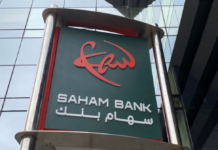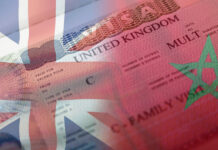A significant milestone in regional energy cooperation has been reached with the signing of a memorandum of understanding (MoU) between Morocco and Mauritania for an electricity interconnection project. The agreement, signed on Thursday in Rabat, marks a new chapter in energy collaboration between the two nations. The deal was formalized by Mohamed Ould Melainine Ould Khaled, Mauritania’s Minister of Energy, and Leila Benali, Morocco’s Minister of Energy Transition and Sustainable Development.
This project is the culmination of discussions that began in November 2023 and represents a major leap forward in strengthening energy ties between Rabat and Nouakchott. It follows a memorandum of understanding signed last November between the energy regulatory authorities of both countries—Morocco’s ANRE and Mauritania’s ARE. That earlier agreement aimed to enhance cooperation in managing electricity transmission networks, with an eye toward integrating Senegal into a broader regional energy framework.
Leila Benali emphasized that the Morocco-Mauritania interconnection is part of a broader strategic vision to position Morocco as a key energy hub connecting Africa, the Atlantic Ocean, and Europe. This ambitious initiative aligns with the objectives of the West African Power Pool (WAPP), a regional energy cooperation project under the Economic Community of West African States (ECOWAS), which brings together 14 West African nations. The WAPP seeks to establish a competitive and reliable regional electricity market by interlinking national grids.
Addressing Morocco’s Parliament recently, Benali highlighted the critical role of cross-border energy interconnections in fostering greater regional market integration. She also underlined Morocco’s ongoing efforts to expand its energy partnerships, particularly with France and Spain, as part of its strategy to diversify energy resources and strengthen its position as an energy transit hub.
The signing of this MoU is a crucial step toward deeper energy integration across North and West Africa. It paves the way for significant economic and industrial opportunities by enabling the development of modern, resilient, and sustainable infrastructure to meet the region’s growing energy demands.





